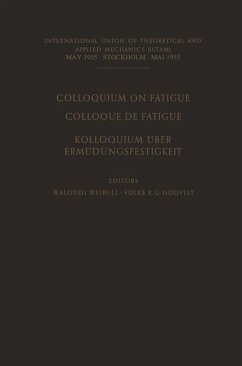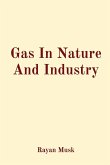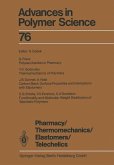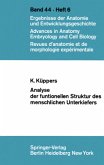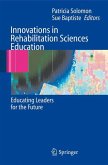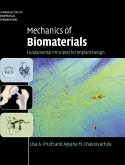Upon the request of the International Union of Theoretical and Applied Mechanics (IUTAM) the Swedish National Committee for Mechanics organized a colloquium on fatigue, which was held at the Royal Institute of Technology (Kung!. Tekniska Hogskolan) in Stock holm, May 25-27, 1955. 35 lectures were delivered, principally dealing with problems of statistical and basic nature. Among the topics were to be found statis tical theory of fatigue, cumulative damage, mechanism of fatigue, me tallurgical aspects on fatigue, velocity of fatigue cracks, fatigue at elevated temperature, and fatigue at combined stresses. Lectures were going on simultaneously in two sections. Each lecturer had 15 minutes for presentation of his communication, and afterwards 15 minutes were reserved for discussion. Abstracts of the lectures were distributed about a month before the colloquium. The colloquium was attended by 149 participants from the follow ing countries: Denmark (1), Finland (2), France (5), Germany (6), Italy (2), Netherlands (2), Norway (2), Poland (2), Saar (1), Spain (3), Sweden (100), Switzerland (1), United Kingdom (10), USA (8), USSR (3), and Yugoslavia (1). A complete list of the participants will be found below. The languages of the Colloquium were English, French, German and Italian. No lectures were delivered in Italian. Also, all contributions to the discussions have been translated to one of the first three languages. Statements and opinions advanced are always those of the individual authors or participants in the discussions.

